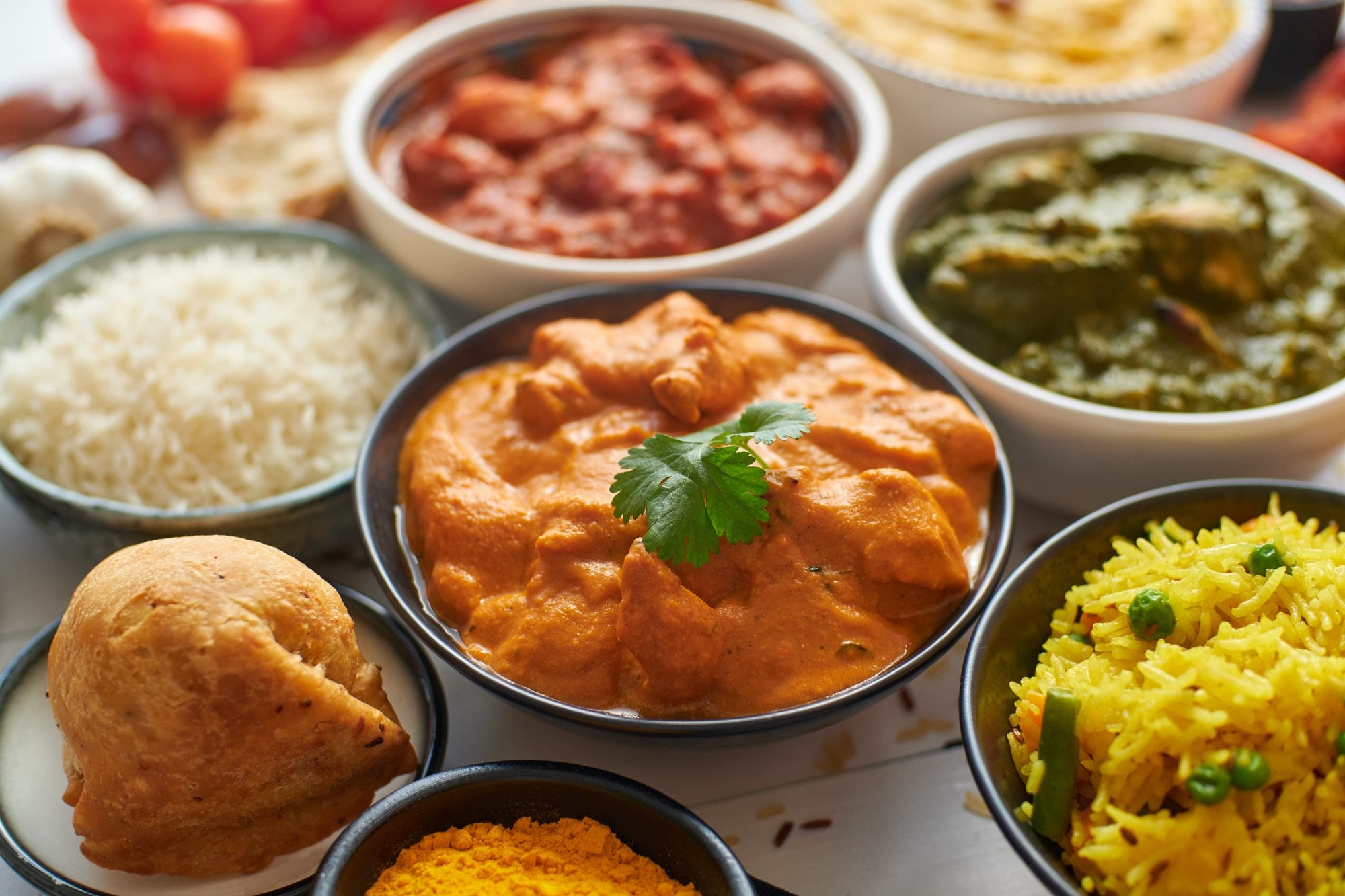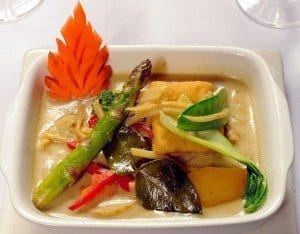
A silly question you might think, particularly for the avid curry fans out there. But if you really think about it, the five-letter word with a double ‘r’ can mean a huge variety of things these days. From India to Thailand, to the supposedly Glasgow-invented Chicken Tikka Masala, curry is a term used to describe a gigantic selection of vegetable and meat dishes.
In Britain curry is generally a tribute to Indian cuisine with dishes making use of ingredients such as: ginger, turmeric, peppercorn, garlic, coriander and cumin amongst others, served with meat, fish or vegetables. Indeed, the word ‘curry’ originates from ‘kari’ the word for sauce in the South-Indian language ‘Tamil’. The story goes that British traders in the 17th century were overwhelmed by the enormous variety of dishes eaten in India and as a result, lumped them all under the one name – curry.
So, although it is true that what many of us know as curry today originated in Indian cuisine, it may not be such a terrible crime to put many weird and wonderful worldwide dishes under the umbrella of curry. Doing so is merely a modern, globalised extension of what the British traders did in India centuries ago.

Not all curry dishes these days derive from traditional Indian cuisine but does that really mean we can’t call them curry? At one end of the spectrum there might be a pineapple-based curry catered towards toddlers, while at the other end there may be a super-hot Thai green curry that works wonders on the sinuses. Furthermore, new recipes are being made all the time, traditional and unconventional.
What we have learned by exploring the word itself is that ‘curry’ is inclusive not exclusive. Basically, if it looks like curry – it is curry. There seems to be no overusing the term and seeing as it was first used as a word to generalise food, there is no harm in it being used in the same way now.
What do you think – is ‘curry’ too broad a-term or are you happy that so many weird and wonderful dishes fall into the category? Let us know your thoughts, as ever on our Facebook page or Twitter.

Share this Story
